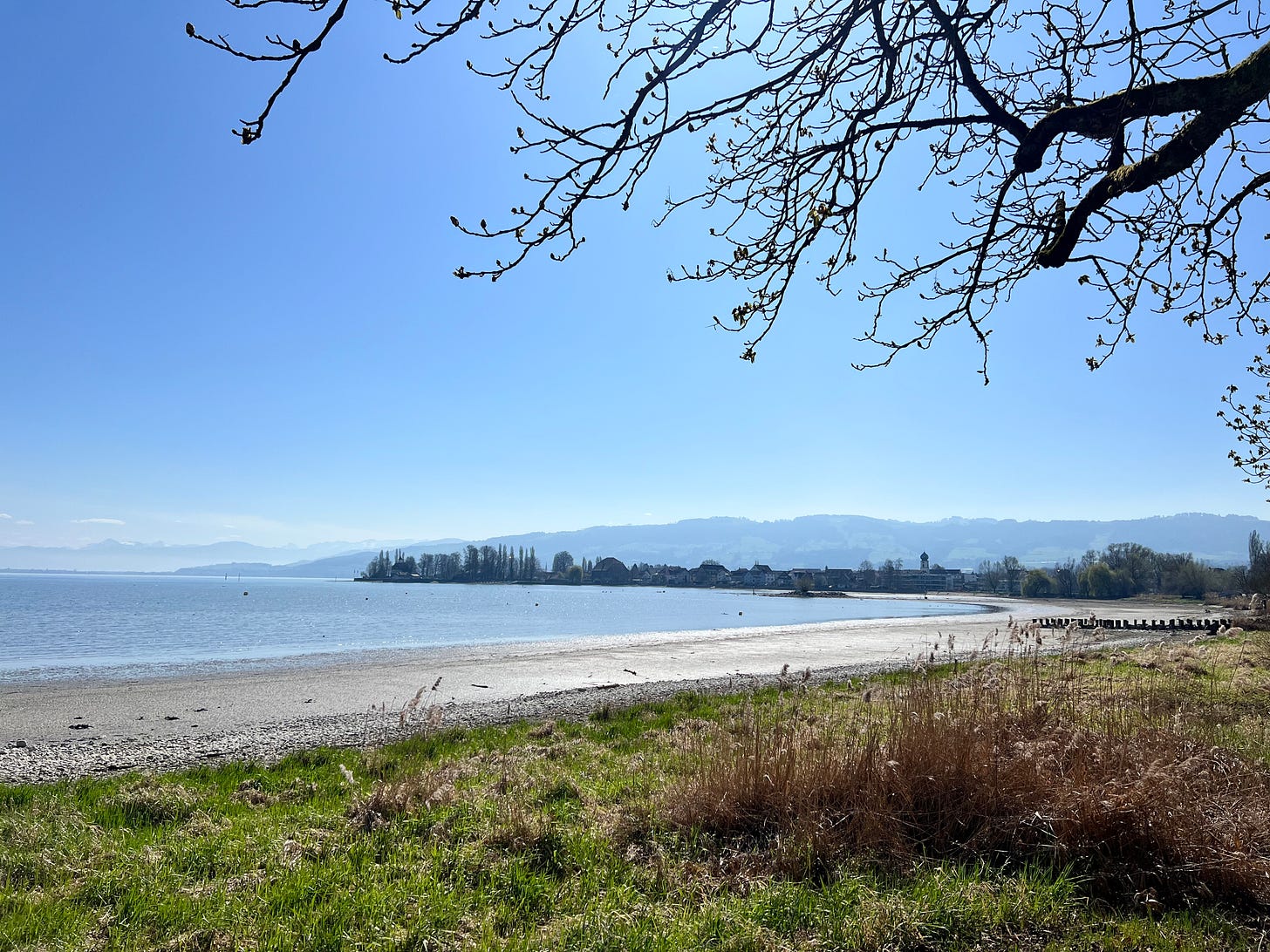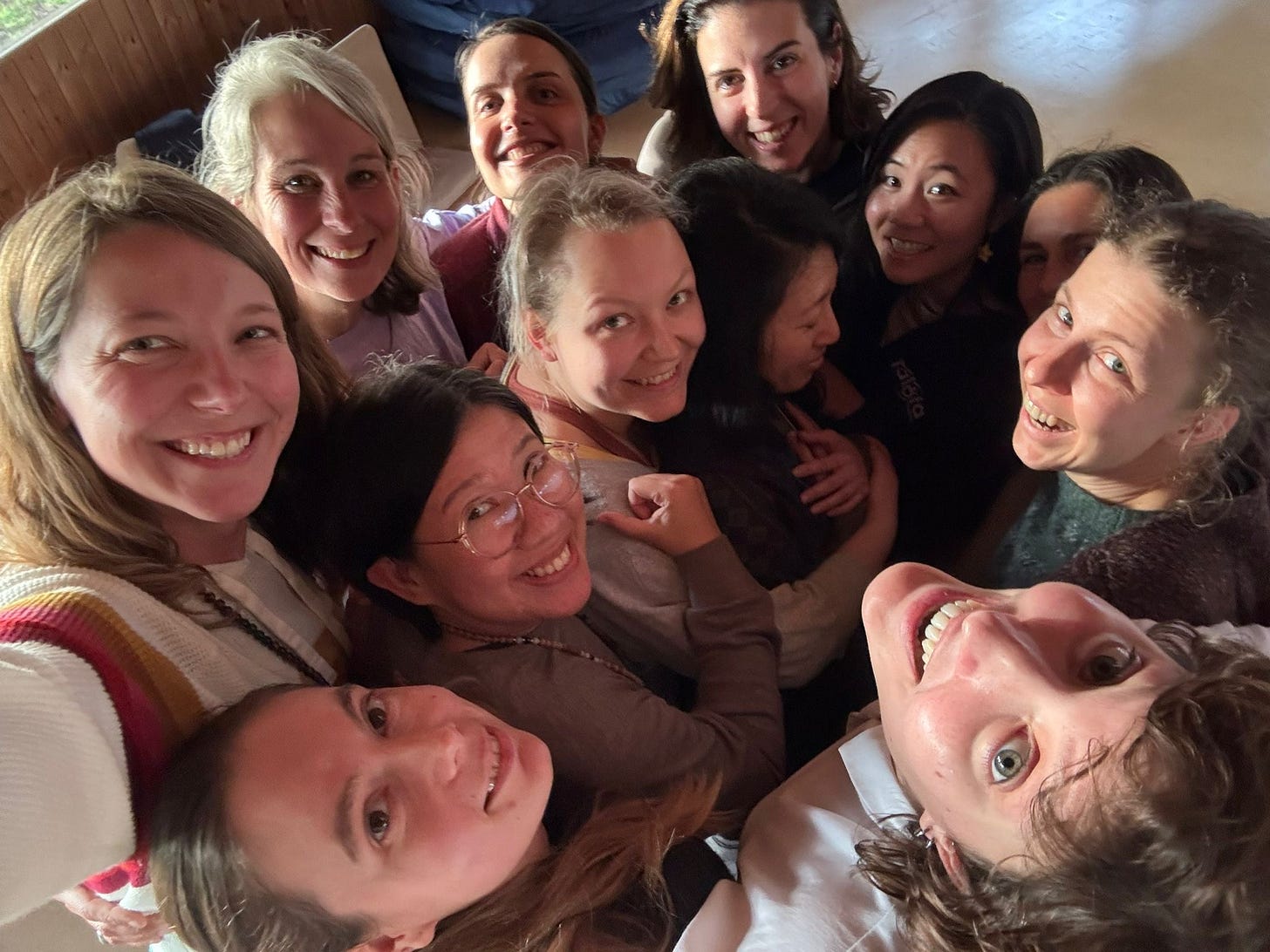See why 80% of the top-grossing game studios rely on the Player Insights Platform™ to ensure a game's success (before it's even released).
We are proud to announce PlaytestCloud as our key partner in 2025 and offer a FREE TRIAL here: https://start.playtestcloud.com/rise
A few industry peers have asked me recently: Are you still working on games?
In a way, I have—and I haven’t.
After 16 years of designing games and products that touch the hearts of millions, game design is embedded in how I approach any new venture. And this is exactly the opportunity that many game leaders could be considering right now:
Can your experience in games transfer to other fields?
Games are a powerful way to create entertainment and evoke emotions in people’s lives. But is it the only way?
I want to share the core skills I’ve developed throughout my career in games—skills that have proved invaluable as an entrepreneur, coach, and facilitator in other spaces.
Bringing Play to Everyday Life
Everything in life is play! How can you transform the most boring, dry, and predictable experience into something magical, extraordinary, and surprising ✨? Think about that wow moment when you discover a new zone in Zelda BoW—how can we recreate that in other domains?
For example, I bring this element of surprise into the ORIN retreats I organize, preparing personalized gifts for participants to make their first day of experience feel ‘wow’ and special (think of the “Surprise box” experience in a game)
With 1:1 coaching, for example, which often feels corporate and static: How can I make the whole experience more playful and energizing? Instead of just doing online calls, I meet my clients in real life. We go for long nature walks by the lake, or go to a spa together. Why not? I break the traditional barriers of the profession—if my client is open to play.
We learn so much more when we play and feel relaxed.
UX Design: Creating Experiences For Humans
Design experiences and products for people, not for ‘users.’ Instead of asking What will the user do?, ask How will a human feel interacting with this product or service?
For instance, I’ve mapped out the entire UX journey of women joining the ORIN program—not just from the program’s start, but from the moment they first say yes! to joining, through the entire experience, and even afterward.
Just like in games, I consider the FTUE (First-Time User Experience), D7 (Day 7 retention), D360, and beyond—because every interaction matters.
Prototyping Before Building
Before committing to a business, how much do you really know about enjoying running that business the way you imagine?
I highly recommend prototyping your business idea before fully committing. What is the MVP (Minimum Viable Product)? How can you test the idea before investing too much?
I love using the Wizard of Oz prototyping method—offering the idea of the offer before the offer officially exists to test market value. When I created the first ORIN retreat offer, I didn’t have a team, a finalized program, and I didn’t have bookings!
I had a concept, I locked in a venue. I was ready to go and test it. Once I received my first bookings, then I was ready to execute on the product with clarity. It took me a month.
Placeholder Offer (November 2024)
Official Offer for 2nd Retreat Cohort (March 2025)
Building Systems Of Connection
Games are an incredible medium for connection—whether we’re building worlds together, playing cooperatively, or competing.
Some principles I’ve applied to building deep connections in the ORIN community:
Repetition and Habits Building – We interact daily in our WhatsApp group and connect weekly in our online circles for six months.
Co-op Experience – The more time we spend together, the deeper our relationships grow. The retreat is designed to be the epic catalyst event—an intense, cooperative experience, much like tackling a Boss Level together.
Co-creation and World Building – Over the six-month journey, we support and inspire each other to co-create new businesses and the future we imagine together.
That’s why I designed retreats to be intimate and immersive, rather than massive and impersonal events. They are structured so that participants feel truly seen—something precious that technology or AI cannot genuinely offer at the moment.
Bringing Playfulness Beyond Games
So, how can you apply game design principles to industries that could benefit from more fun and play?
Here’s a list of few angles you could think about:
How do you turn this service into a playful experience?
How can you inject magic into this mundane, everyday task? ✨
How can you design an experience that makes your customers feel something, rather than just do something—especially when shared with others? 💜
I’d love to hear your ideas and how you are experimenting bringing play and creativity into other much-needed fields such as education, health, environment…?
I’ve been lately working with founders to innovate with Play in fitness and financial spaces— if that resonates with you, let’s explore what’s possible together! 🏓











